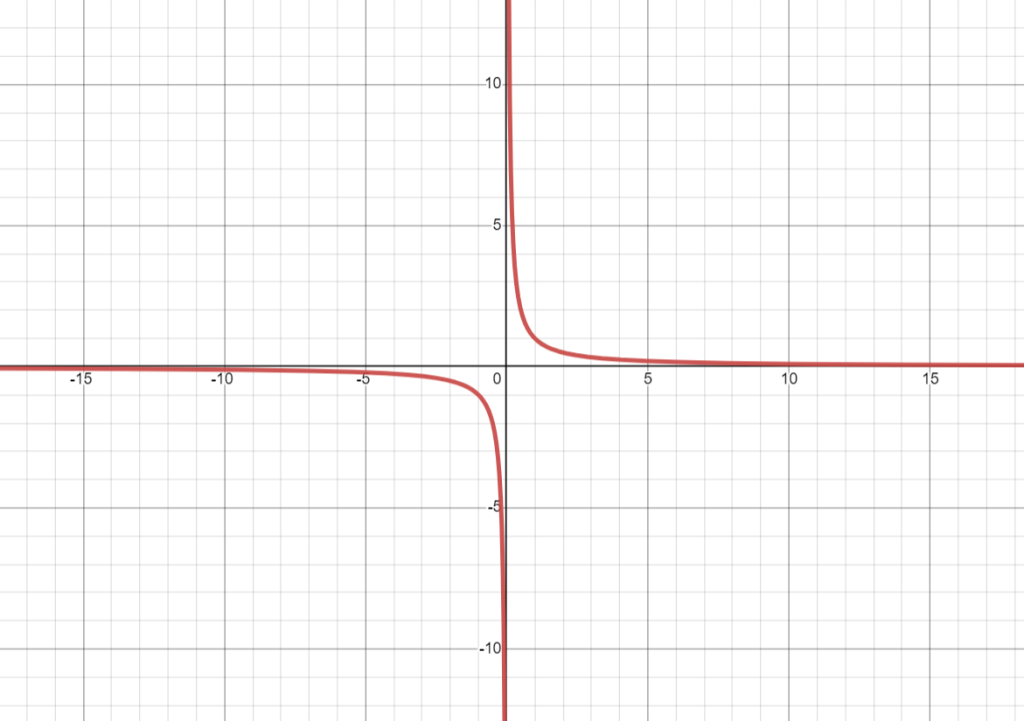Limits: What Happens When a Function Approaches Infinity
In calculus, the concept of limits at infinity is used to describe the behavior of a function as the input (or the variable) approaches infinity. This helps in understanding how functions behave when their inputs get very large in either the positive or negative direction.

What is a Limit?
Before diving into limits at infinity, it’s crucial to understand what a limit is. In simple terms, a limit examines what happens to a function \( f(x) \) as \( x \) approaches a certain value. Mathematically, this is denoted as:
\(lim_{{x \to a}} f(x) = L\)
This means that as \( x \) gets closer and closer to \( a \), the function \( f(x) \) gets closer and closer to the value \( L \).
Limits at Infinity
Limits at infinity are an extension of this concept. Instead of looking at what happens as \( x \) approaches a finite number, we explore what happens as \( x \) goes towards infinity \( \infty \) or negative infinity \( -\infty \).
This is expressed as:
\(lim_{{x \to \infty}} f(x) = L\)
or
\(lim_{{x \to -\infty}} f(x) = M\)
Here, \( L \) and \( M \) are the values that the function approaches as \( x \) becomes very large or very small, respectively.

Why are Limits at Infinity Important?
Limits at infinity are important because they give us a way to understand the end behavior of functions. This is crucial in many areas of calculus, such as in studying asymptotes, evaluating improper integrals, and understanding the behavior of infinite series.
Examples
- Polynomial Functions: Consider the function \( f(x) = x^2 \). As \( x \) approaches infinity, \( f(x) \) also approaches infinity. So, we write: \(lim_{{x \to \infty}} x^2 = \infty\)
- Rational Functions: For \( f(x) = \frac{1}{x} \), as \( x \) approaches infinity, \( f(x) \) approaches \(0\). Therefore: \(\lim_{{x \to \infty}} \frac{1}{x} = 0\)
Conclusion
Understanding limits at infinity is a fundamental part of calculus and provides deep insights into the behavior of functions. Whether it’s a polynomial, rational, or any other type of function, analyzing its behavior as inputs become very large or very small is crucial for a thorough understanding of its overall characteristics.
FAQ
What exactly does it mean when we say a limit approaches infinity?
When we say a limit approaches infinity, we mean that as the input to the function (usually denoted as \( x \)) becomes larger and larger, the value of the function grows without bound. It’s a way of describing the behavior of the function at extreme values of \( x \).
Can a limit at infinity be a finite number?
Yes, a limit at infinity can be a finite number. This happens when, despite the input growing indefinitely, the function approaches a specific, constant value. For example, \( \lim_{{x \to \infty}} \frac{1}{x} = 0 \).
How do limits at infinity apply to real-world situations?
Limits at infinity can model situations that involve large-scale behavior, such as the long-term behavior of a population in biology or the behavior of an investment over a very long time in finance.
What is the difference between a limit at infinity and an infinite limit?
A limit at infinity refers to the behavior of a function as the input goes to infinity. An infinite limit means that the function itself grows without bound as the input approaches a certain finite value. For instance, as \( x \) approaches \(0\), \( \frac{1}{x} \) becomes infinitely large.
Are limits at infinity always easy to determine?
Not always. While some functions have straightforward limits at infinity, others, especially those involving more complex expressions, may require detailed analysis or advanced calculus techniques to determine their behavior at infinity.
Does every function have a limit at infinity?
No, not every function has a well-defined limit at infinity. For some functions, the behavior as \( x \) approaches infinity may not settle towards a particular value or may oscillate indefinitely.
How does understanding limits at infinity help in calculus?
Knowing limits at infinity is essential for understanding the end behavior of functions, which is crucial in areas like determining asymptotic behavior, solving improper integrals, and analyzing infinite series.
Related to This Article
More math articles
- What Is a Good ALEKS Score?
- 10 Most Common CLEP College Algebra Math Questions
- Top 10 TSI Math Practice Questions
- How to Unravel Constant and Identity Functions
- Using Number Lines to Represent Integers
- Top 10 3rd Grade SBAC Math Practice Questions
- How to Use Derivation of the Law of Cosines
- Absolute Value Definition
- Dividing Dollars: How to Navigate Money Division in Word Problems
- 7th Grade MEAP Math Practice Test Questions


























What people say about "Limits: What Happens When a Function Approaches Infinity - Effortless Math: We Help Students Learn to LOVE Mathematics"?
No one replied yet.